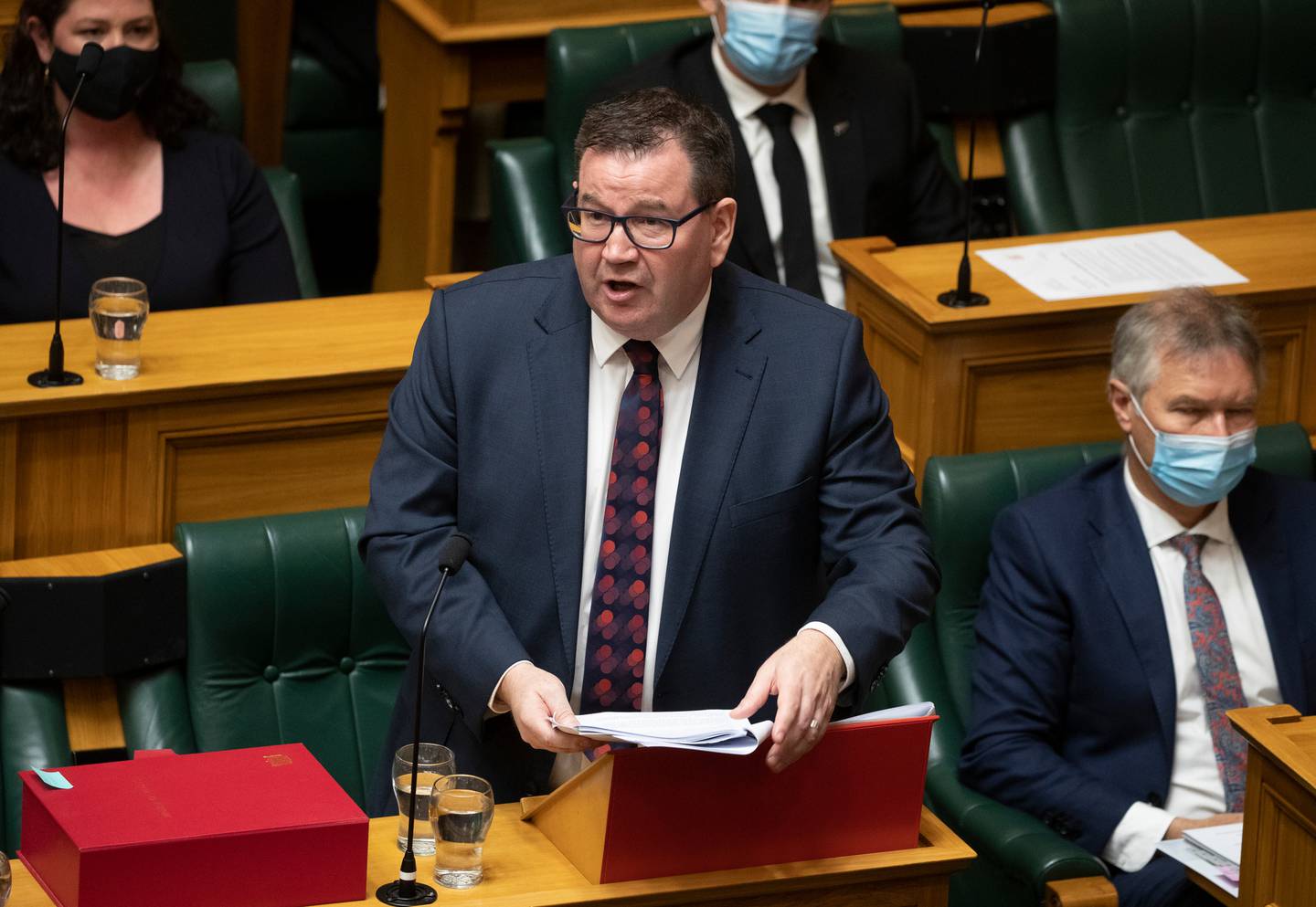Instead, Treasury believed the Government should investigate a "more targeted form of support to lower-income households", according to advice released on the scheme.
Treasury even thinks the payments would "add to inflationary pressures in the short-term" although "the risk to longer-term inflationary pressures is relatively small" because the payments are temporary.
On Thursday, the Government announced it would make payments of $350 to people earning less than $70,000 and who did not receive the winter energy payment - about two million people.
The payments are on a one-off basis and will be made over a period of three months.
Treasury said the Government should use the money set aside for the scheme - more than $800 million - to pursue "initiatives that more directly impact on interim child poverty targets".
The advice said that ministers wanted to forge ahead regardless. Treasury recommended that IRD be the agency to administer the scheme, but IRD warned that it should not be put in charge of making the payments because it would have "critical operational impacts" for IRD, which is currently managing Covid-19 payments.

The Government has aimed the payment at people on middle incomes. Treasury reckoned about 55 percent of total payments would go to the middle 40 percent of households, but 25 percent of payments would go to the top 40 percent of households.
Treasury was quite critical of the decision not to target low-income households, given that "inflation has a larger immediate effect on low- or middle-income households, compared with higher income households".
"The increase in household expenditure owing to inflation has almost doubled the immediate impact on low- or middle-income households, compared with higher-income households," Treasury warned.
It said inflation was more "persistent", and that the additional payments would "exacerbate" inflation.
Citing cost of living pressures, the Government also extended its temporary fuel tax and road user charge cut by two months and extended half-price public transport by the same amount of time.
The Government had faced pressure to support middle-income earners before the Budget but has subsequently faced criticism for a lack of focus on low-income households who are also experiencing inflation.
Treasury forecasts published on Thursday suggest inflation will be higher and more persistent than previously expected, with annual inflation levels not falling into the Reserve Bank's 1-3 percent range until the middle of the decade.











